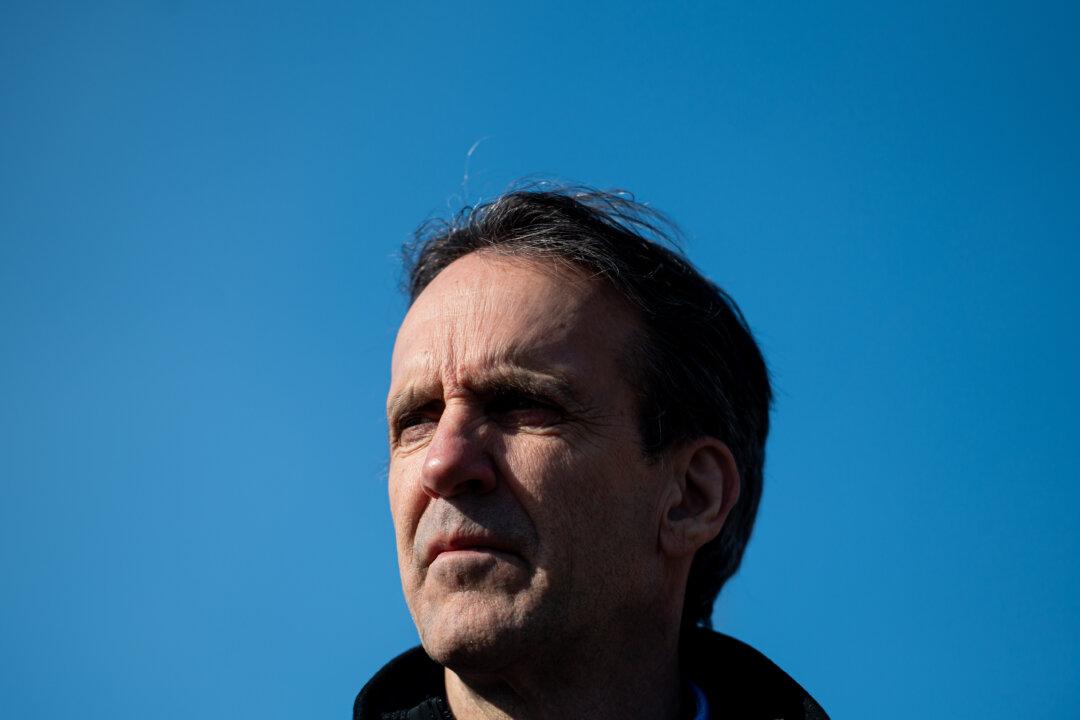A recent poll indicates Conservative Party support is ranked closely behind the Liberals and Bloc Québécois in Quebec—a voter base where the Tories have traditionally lacked strong support.
According to the poll by Pallas Data, the Liberals have the support of 28 percent of voters, the Conservatives have 25 percent, and the Bloc leads by a slim margin with 29 percent.





